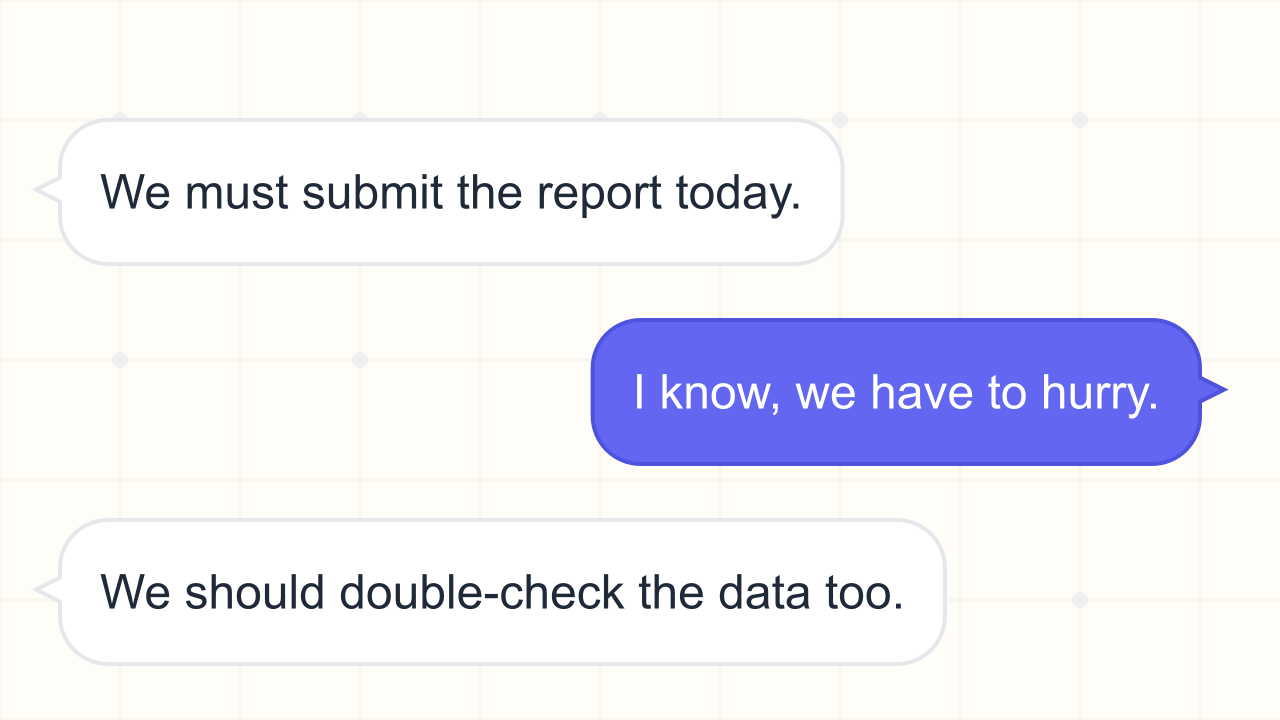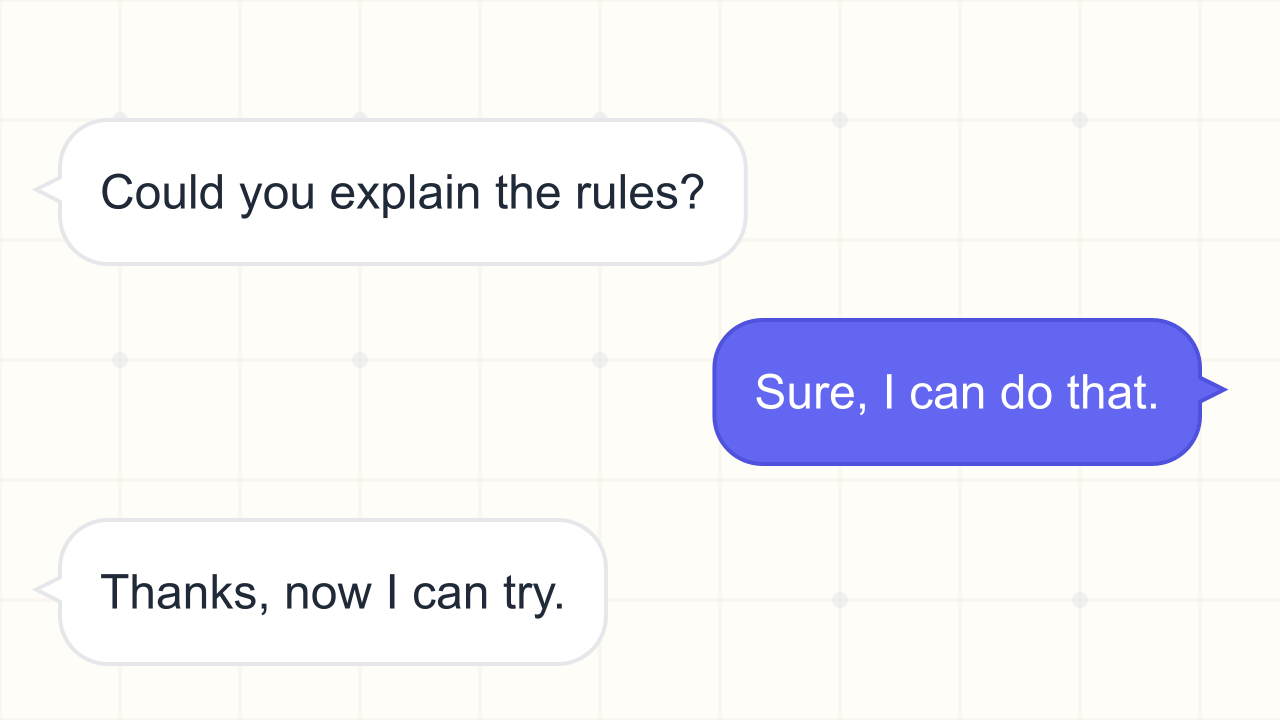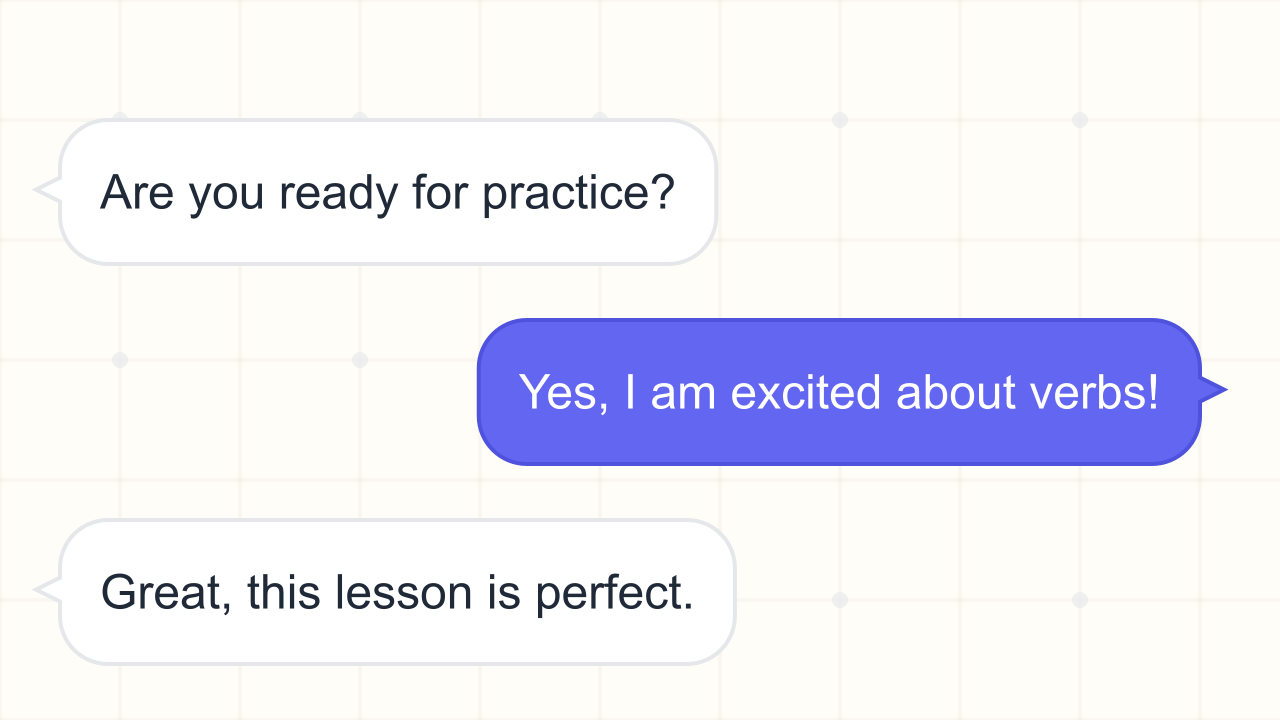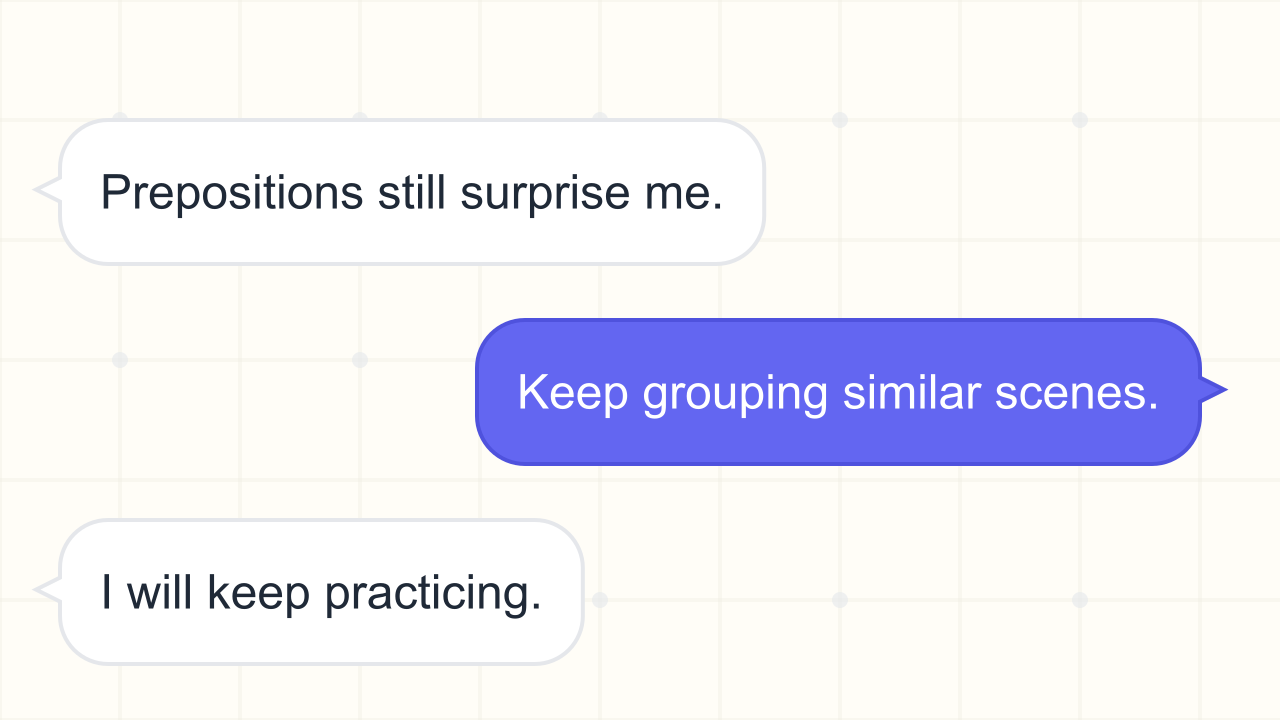Have got vs has got grammar Exercise
Practise choosing between "have got" and "has got" to express possession, relationships, and characteristics accurately.
Exercise Guide
How to complete:
Read each sentence and decide whether the blank needs "have got" or "has got". Think about the subject before the blank.
- Identify the subject: I, you, we, and they use "have got"; he, she, it, and singular nouns use "has got".
- Look for collective nouns like "team" or "family" to decide if they act as a singular unit.
- Keep the sentence meaning in mind so the verb form sounds natural.
Success tips:
- Remember contractions: "I've got" equals "I have got", while "She's got" equals "She has got".
- Check plural endings; plural nouns normally take "have got".
- When the subject is a thing or idea (like "the laptop"), use "has got" if it is singular.
- Say the sentence aloud to hear which form fits naturally.
Knowledge:
English learners often hear both "have got" and "has got" in everyday speech because they are common ways to show possession or describe features. These exercises help you link each subject with the correct verb form so your sentences sound natural.
Pay special attention to collective nouns, devices, and groups of people. Deciding whether they act like a single unit or a plural group will guide you to the right choice between "have got" and "has got".
Complete the Exercise
Paragraph 1
Paragraph 2
Paragraph 3
Paragraph 4
Paragraph 5
Paragraph 6
Paragraph 7
Paragraph 8
Paragraph 9
Paragraph 10
Paragraph 11
Paragraph 12
Paragraph 13
Paragraph 14
Paragraph 15
Paragraph 16
Paragraph 17
Paragraph 18
Paragraph 19
Paragraph 20
Paragraph 21
Paragraph 22
Paragraph 23
Paragraph 24
Paragraph 25
Paragraph 26
Paragraph 27
Paragraph 28
Paragraph 29
Paragraph 30
Paragraph 31
Paragraph 32
Paragraph 33
Paragraph 34
Paragraph 35
Paragraph 36
Paragraph 37
Paragraph 38
Paragraph 39
Paragraph 40
Share this exercise
Help others learn grammar by sharing this exercise
Related Exercises

Modal Verbs of Obligation (must, have to, should)
Practise choosing “must”, “have to”, or “should” to express obligation, necessity, and recommendations in real-life contexts.

Modal Verbs of Permission (may, can, could)
Practise choosing “may”, “can”, or “could” to ask for permission, give consent, or describe rules politely.

Modal Verbs of Ability (can, could)
Practise selecting “can” or “could” to express ability, requests, and possibilities in everyday situations.

To Be: Is, Am, Are
Practise choosing the correct form of the verb “to be” — is, am, or are — in present simple sentences about people, places, and things.

Prepositions Part 4
Challenge yourself with extended scenes that weave together direction, timing, tools, and placement so you can choose precise prepositions in complex contexts.